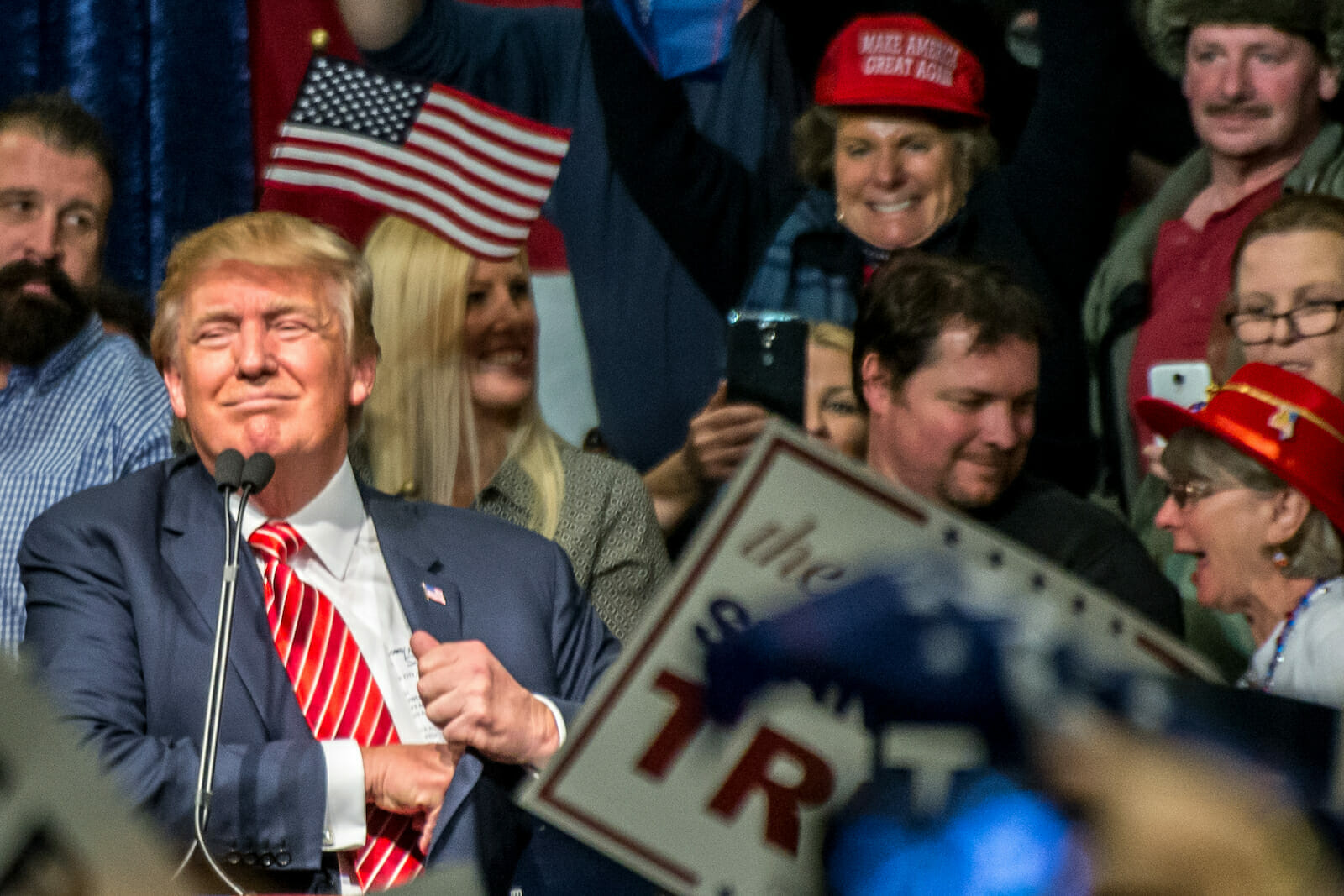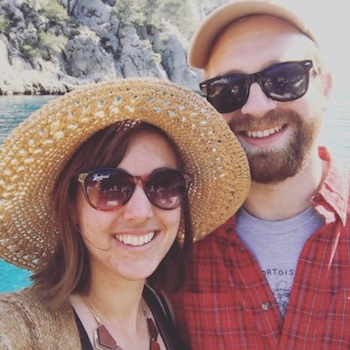
Health
The Rising Need for Counselors in Trump’s America
Our world is experiencing a major shift in the pendulum of progress. The movement has shifted from progressivism to totalitarianism, and upholding supremacy of class and race. The left is dying, and the right is flourishing in this new era of governance.
Many are wondering where this shift may lead our world, and what new atrocities we may create before the pendulum shifts again. Will millions die for simply being in the wrong skin, in the wrong era? Will apathy rule the minds of those in power? Will identities become criminal? Will those that feel empathy – those that want to help improve the condition of others – be directly targeted?
Many may see this reality as an extreme that is unlikely to happen. However, this mindset has already begun to unfold around the world.
In the Philippines, where hyper-conservative President Rodrigo Duterte has cracked down on drug users and dealers, there has been a massive rise in malicious crimes against the poor. Murders are done by both civilians that feel empowered by their leader’s words, and by local police officers in plainclothes on the street. Innocent civilians that are caught in the web of drug abuse (caused by mental illness, not deviance) are targeted, murdered, and their bodies displayed on the street as a warning to others. “Don’t be a user.” It’s a nightmarish scenario, and it’s a reality in our modern age, where – yet again – those at the greatest risk in our society are sought out as scapegoats for the suffering of others.
And yet it is obvious that the United States of America – the country often seen as the dominant force of power in the world – is not immune to this level of scapegoating and hatred fueled attacks. Already in the weeks following the election win of Donald Trump, black children have been shot on the street; women in hijabs have been targeted in public spaces; and police officers have long functioned as militarized forces with the entire government and judicial system backing up their actions. Over 700 hate crimes have been tracked by the Southern Poverty Law Center following the initial couple weeks of the election.
And so it is that we see a rise in the need for counselors and social workers. A rise in the need for empathy and compassion, and intellect that can correct harmful mindsets and heal those that have been wronged by societal structures of oppression.
Trump’s America – through the rhetoric that got him elected, and through the hate crimes that have spiked since – proves we need more social workers in our society. Yet, how exactly are they able to help?
Empathy Saves Lives
The evidence is in the numbers. In schools – where many people begin to shape their worldview – it is easiest to see the disparities in the system. Although schools are meant to set many people up for success, often times the models created are actively stacked against the students.
America has a known gun epidemic, and schools are high targets for crimes against children. Unfortunately this has resulted in a massive rise in security personnel in high schools across the United States. As The 74 reported in March of 2016, many of the largest school districts in the nation have a much higher student to security ratio than a student to counselor ratio. In some districts, such as the Houston Texas area, there is only one counselor to every 1,175 students.
Unfortunately, this creates many hostile reactions between young individuals and the judicial system. Mistrust for law enforcement is formed at an early age, and instead of preventing incidents it often presents new ones.
As security personnel are hired to deter potential “deviant” behavior or protect the school in the case of an attack, counselors are needed to prevent the thought of an attack before it can even happen. Through counseling treatments such as threat assessment, counselors are more adapt in stopping incidents long before they manifest into actions. They have the ability to form relationships with students or clients and can identify a problem, evaluate the potential outcome, and intervene before that individual hurts themselves or others.
Counselors not only have the training to navigate these tense situations, but they have the empathy needed to connect with these individuals and help them through trauma, addiction, or negative thoughts. They can also help navigate through instilled bigotry; helping clients feel more empathetic and understanding of others.
Fostering a Community of Change
Whereas counselors interact on an individual level, social workers have the ability to interact on a broader scale. They are – in a way – two sides of the same coin. Social workers have the ability to effect change on a much grander scale, through empathy and similar methods as the counselor.
As Case Western notes, social workers function on three levels to provide progressive change within a community: the micro and individual level with families; the mezzo level with neighborhoods and institutions; and the macro level with policy decisions within the state and national government. The macro level is where social work has the ability to make actual institutional change, but all levels are effective in advancing and improving the quality of life for citizens.
Yet social work is also commonly underfunded and underappreciated in societies around the globe. In America, they are commonly associated with marginalized communities, and thus not seen as a “benefit” to the overall health of the nation. Yet, they are the backbone of support for millions of Americans; creating laws to benefit the poor and mentally ill, and providing emotional support for those affected by hate crimes and trauma. Citizens that slip through the cracks due to a lack of funding in social work eventually end up in prisons or homeless on the street; creating a greater burden for taxpayers and the overall health of society.
Taking a Step towards Progress
Luckily, knowledge on the issue is reaching some of those in power. The latest law to pass Congress in the United States was aimed directly at helping those who suffer from mental health. The 21st Century Cures Act was created to help lower prison populations and to ensure that mental illness sufferers have an inexpensive route to seeking help.
Yet the lack of counselors remains an international problem. Hate crimes spiked in the UK following the Brexit decision. In Japan, where cultural beliefs are a strong deterrent for seeking help for mental health, suicides are exorbitantly higher than the global average among school children. Thousands affected by the war in Syria will need mental health support that very few will be able to receive.
Counselors and social workers are the front line of defense when it comes to the mental health of the population. They not only help deter attacks, but they can help those recover from trauma. They are in high demand, but rarely treated as the necessity that they are.
Luckily, slow but actionable steps are being made in America to address the rising need that Trump’s administration will cause. Many minority groups will be directly affected by his laws and strident followers of Donald Trump, and social workers and counselors will be needed to heal the nation for years to come. Hopefully they will have the funding and backing to meet that challenge.

